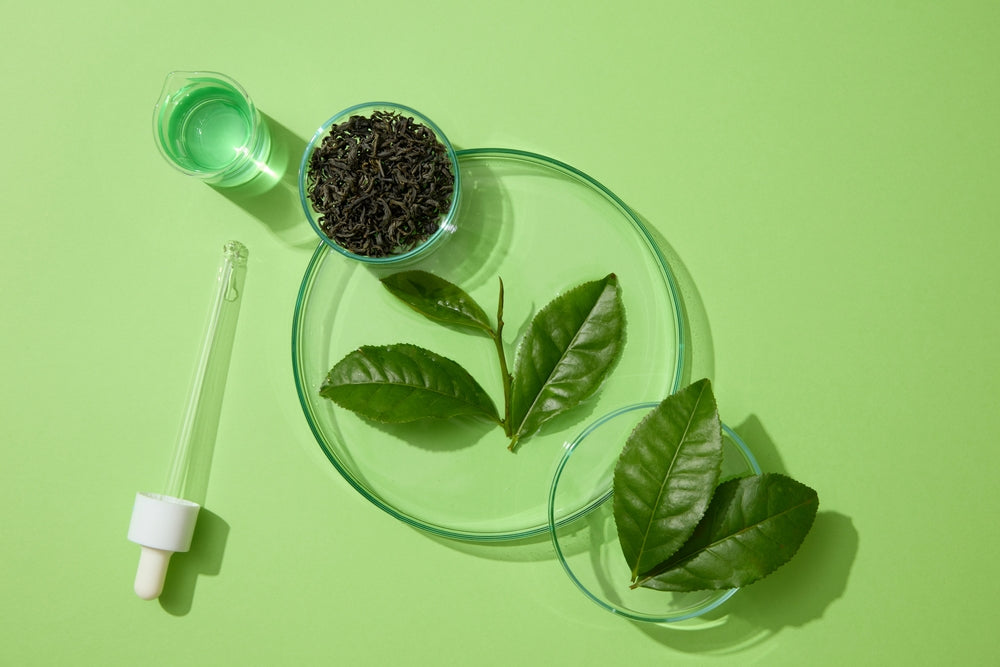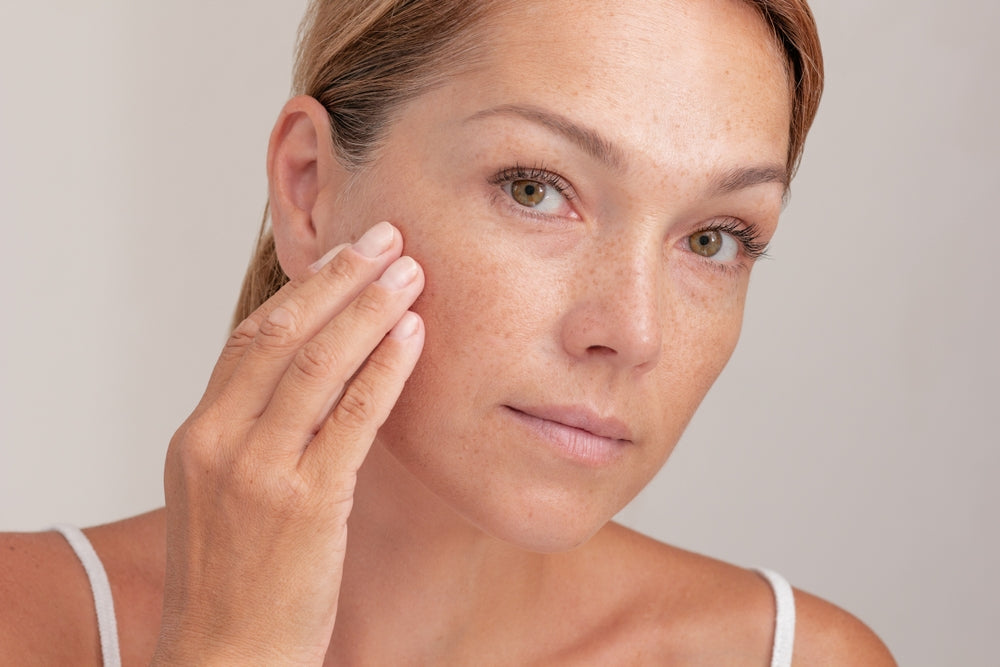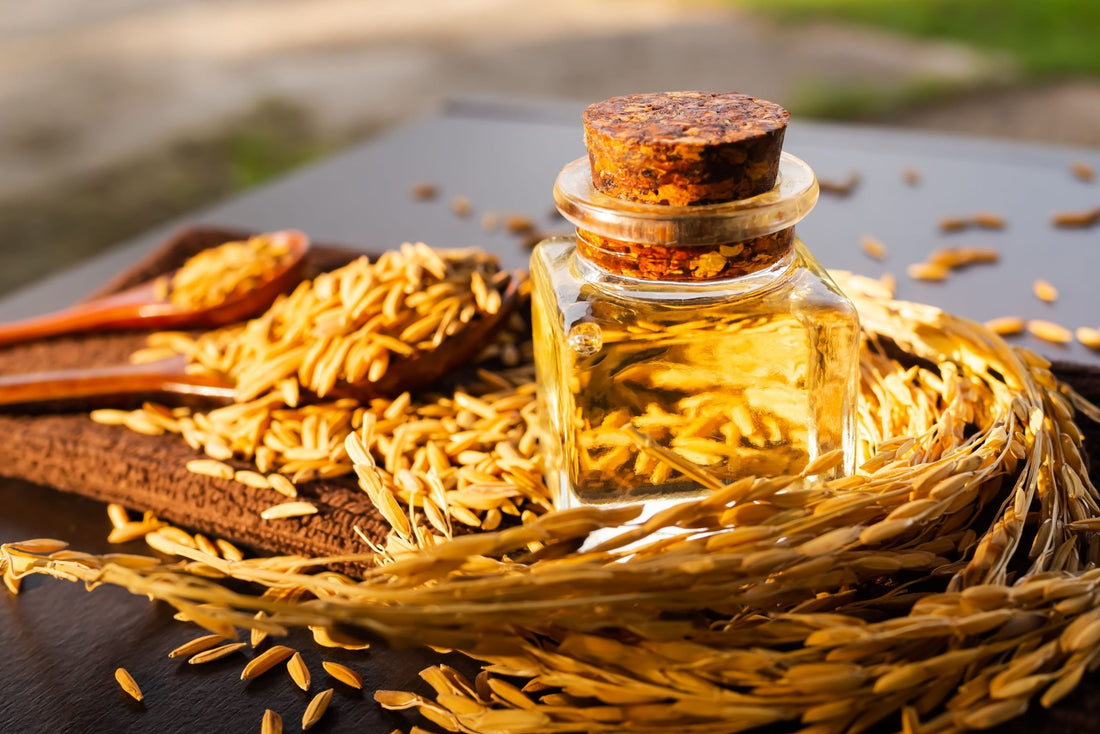When it comes to achieving and maintaining healthy, beautiful skin, knowing your unique skin type is an essential place to start. Not using the right products for your natural skin state can lead to poor results that can lead to blemishes and, in the long run, accelerate the signs of aging.
So before jumping in with high-quality daily skincare products, it’s important to know exactly what you need according to your skin type.
What Are the Types of Skin?
Each skin type is a spectrum of a person’s lived experience. With a baseline of normal (or ideal) skin on one side, you can extend a scale that corresponds with the severity of that type, from not-so-bad to hard-to-manage. Here are the generally recognized skin types:
- Oily skin
- Dry skin
- Combination skin
- Sensitive skin
We don’t include “normal” as a skin type because it’s not really a thing. Everyone has some degree of at least one of the above conditions, even if it’s minimally expressed.
You might say that someone with only a small amount of natural oil has “normal” skin, but it’s skin that still needs daily cleansing and moisturizing—without it, the oil would build up and produce oily skin’s characteristic congestion and blemishes.
What’s My Skin Type?
For those who may not be able to specifically identify their skin type, here’s a list of questions to ask yourself to help pin it down. You can also take Epicuren Discovery’s Skin Quiz to find out which products are formulated for your concerns and condition.
How Big Are Your Pores?
Large, visible pores are typically correlated with overactive oil production, which can occur throughout the face or just in the T-zone (the forehead, nose, and sometimes chin) for people with combination skin.
How Does Your Skin Feel?
Often, you can tell what type of skin you have simply by feel after a few hours of leaving it alone. Combination skin will feel slick on the forehead but soft and supple on the cheeks. People with dry skin may feel rough patches in areas of dryness.
Do You Often Deal With Redness?
Redness, itchiness, and stinging are usually signs of sensitive skin. This can occur when you’re using a product that may contain irritating ingredients or simply as a result of rubbing it too hard.
Do You Have a Shiny Complexion?
People with naturally oily skin can have a shine, and need to wipe away excess oil throughout the day. Dull, matte skin can conversely be a sign of dryness.
What Happens After Cleansing?
If your skin feels stripped of moisture and a little scratchy, you may have dry skin and may be using too harsh a cleanser. Oily and combination skin types can almost feel the oil coming back to the surface, and sensitive skin may be red or painful.
What Kinds of Blemishes do You Deal With?
Famously, acne is associated with oily skin that clogs pores easily, but other blemishes can include broken capillaries and rashes, signs of sensitive skin.
Source High-Quality Skincare Products
Once you’re confident in what skin type you’re most likely to have, it’s time to build a skincare routine with professional-grade products that give you healthy, radiant skin each day, and protects it for years to come. Browse Epicuren Discovery’s products tailored for oily, dry, and sensitive skin for science-backed formulas to use every day or as a luxurious treat on occasion.





